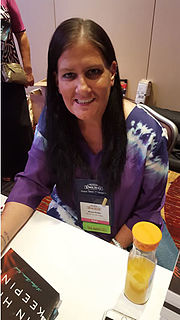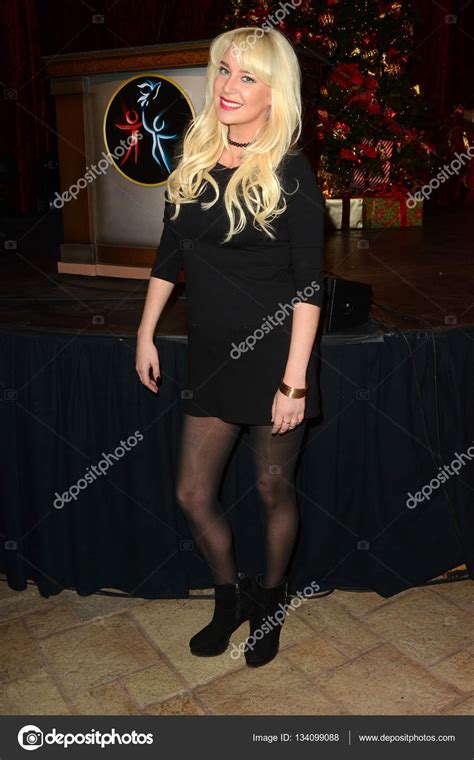A Quote by Arturo Pérez-Reverte
Of all the universal lies she accepted unquestioningly, the happy ending was the most absurd. The hero and heroine lived happily ever after, and the ending seemed indisputable, definitive. No questions asked about how long love or happiness lasts in that 'forever' that can be divided into lifetimes, years, months. Even days
Related Quotes
She wanted happily ever after more than he could possibly know. She wanted forever. Problem was, she just wasn’t sure she believed in it anymore. It was why she clung to her fiction so much. She immersed herself in books because there she could be anyone and it was easy to believe in love and happily ever after
Have you thought of an ending?' 'Yes , several, and all are dark and unpleasant,' said Frodo. 'Oh , that won't do!' said Bilbo. 'Books ought to have good endings. How would this do: and they all settled down and lived together happily ever after?' 'It will do well, if it ever comes to that,' said Frodo.
Instead he thinks up the worst ending imaginable: Hemingway has Catherine die from hemorrhaging after their child is stillborn. It is the most torturous ending I have ever experienced and probably will ever experience in literature, movies, or even television. I am crying so hard at the end, partly for the characters, yes, but also because Nikki actually teaches this book to children. I cannot imagine why anyone would want to expose impressionable teenagers to such a horrible ending. Why not just tell high school students that their struggle to improve themselves is all for nothing?
The modern fairy tale ending is the reverse of the traditional one: A woman does not wait for Prince Charming to bring her happiness; she lives happily ever after only by refusing to wait for him -- or by actually rejecting him. It is those who persist in hoping for a Prince Charming who are setting themselves up for disillusionment and unhappiness.






































